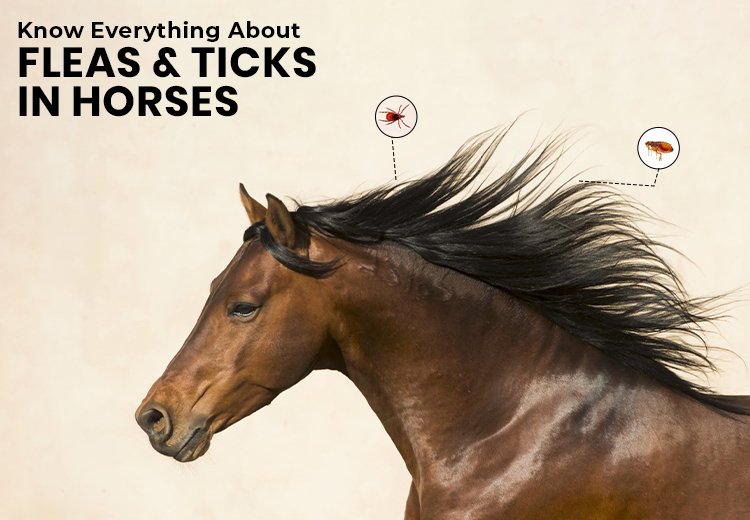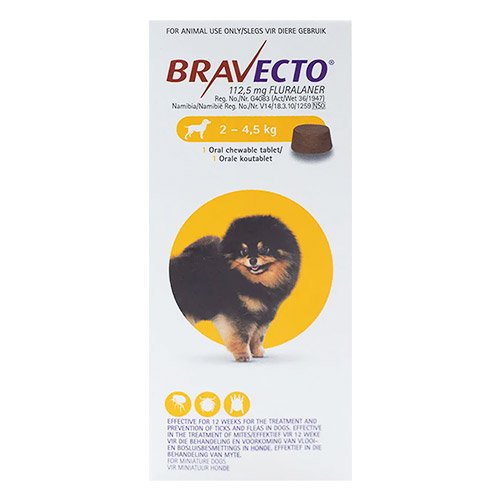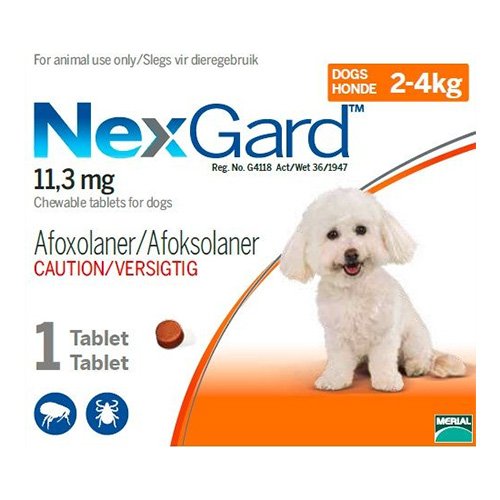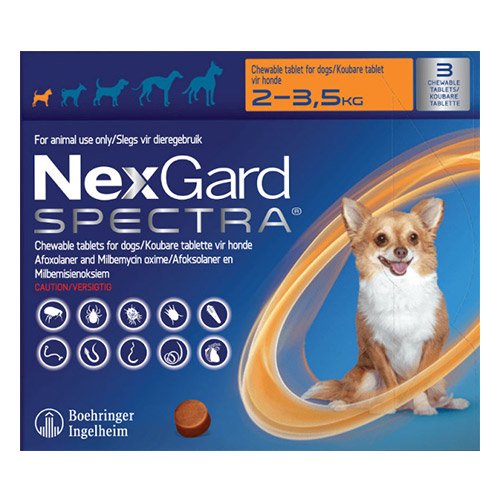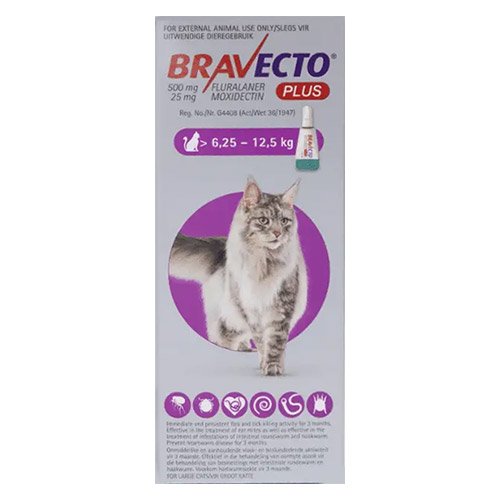When it comes to infestations from external parasites like fleas and ticks, the first animals coming to our minds would be dogs and cats. Well, they may be the most common hosts but not the only ones to get infected by parasites. Your horse, though rarely, can get attacked by these irritating parasites, and can also get infected with other dangerous flea and tick-borne diseases eventually. Let’s talk about the how, why and what of the infestations from fleas and ticks in your equine friend to save them from the trouble of catching infestations.
Symptoms, Treatment and Prevention of Fleas & Ticks in Horses
- Can horses in South Africa get infected by fleas & ticks?
Both fleas and ticks find warm and humid weather suitable, and they can spread rapidly during the wet season. Due to the availability of a favorable environment, different species of fleas and ticks are found around the year in South Africa. As horses have large bodies and longer exposure to the external environment, they can catch infestations from fleas and ticks, it is exceptional though.
- What makes horses susceptible to fleas & ticks?
As horses do not lie down very often and have relatively less dense fur, they do not provide the dark, warm environment suitable to fleas and ticks, and are not usually desirable hosts for them. But, they can still get infected with external parasites due to various reasons. Your horse can catch flea and tick infestation if it is:-
- Low on immunity
- Not bathed and groomed frequently
- Stays in the wild for a long period
- Visits previously infected barn
- Comes in close contact with other infected animals.
- How to identify fleas & ticks in horses?
Your horse may show some or all of the following symptoms if they have caught flea or tick infestation:
- Continuous itching or irritation on the skin
- Balding and scratching on particular spots
- Open sores
- Swelled joints
- Stiffness of muscles
- Difficulty in walking
Different species of parasites affect different parts of your horse’s body. You can usually find them around their ears, eyelids, neck, head, pubic area or shoulders.
- How to get rid of fleas & ticks in horses?
Early detection of fleas or ticks on horses is required. If not treated in time, it can lead to subsequent severe flea or tick-borne diseases in your horses. Various horse parasite control products are available to help you stop parasitic infestations in your equine buddy. If you are comfortable with removing fleas and ticks with tweezers, make sure you remove the parasite completely. If not confident, consult your veterinarian. For treatment, you can use Kyron Shoo-fly Spray to ward off fleas and Supona Aerosol spray to control ticks. Using dips like Bacdip Plus or Baytical Dip as a treatment for external parasite control for horses is also a good option.
- How to prevent fleas & ticks from infecting horses?
Instead of treating your horse post-infection, you can save them from getting infected in the first place. Check your horse every time after coming back from trail rides. Clean the horse barns regularly and keep them free of long grass and brush where ticks can hide. Groom and comb your horse, especially mane and tail, at regular intervals. If your dog or cat is infected with fleas or ticks, make sure you keep them away from your horse. Visiting your veterinarian occasionally also helps in keeping pesky parasites at bay.
To conclude
Though uncommon, flea and tick infestations in horses are not impossible. Being vigilant about the symptoms of these parasitic infestations and treating them on time is important to keep your horse healthy. Taking preventive actions, however, to stop fleas and ticks altogether from infecting them is the best way to save them from irritation and pain.

